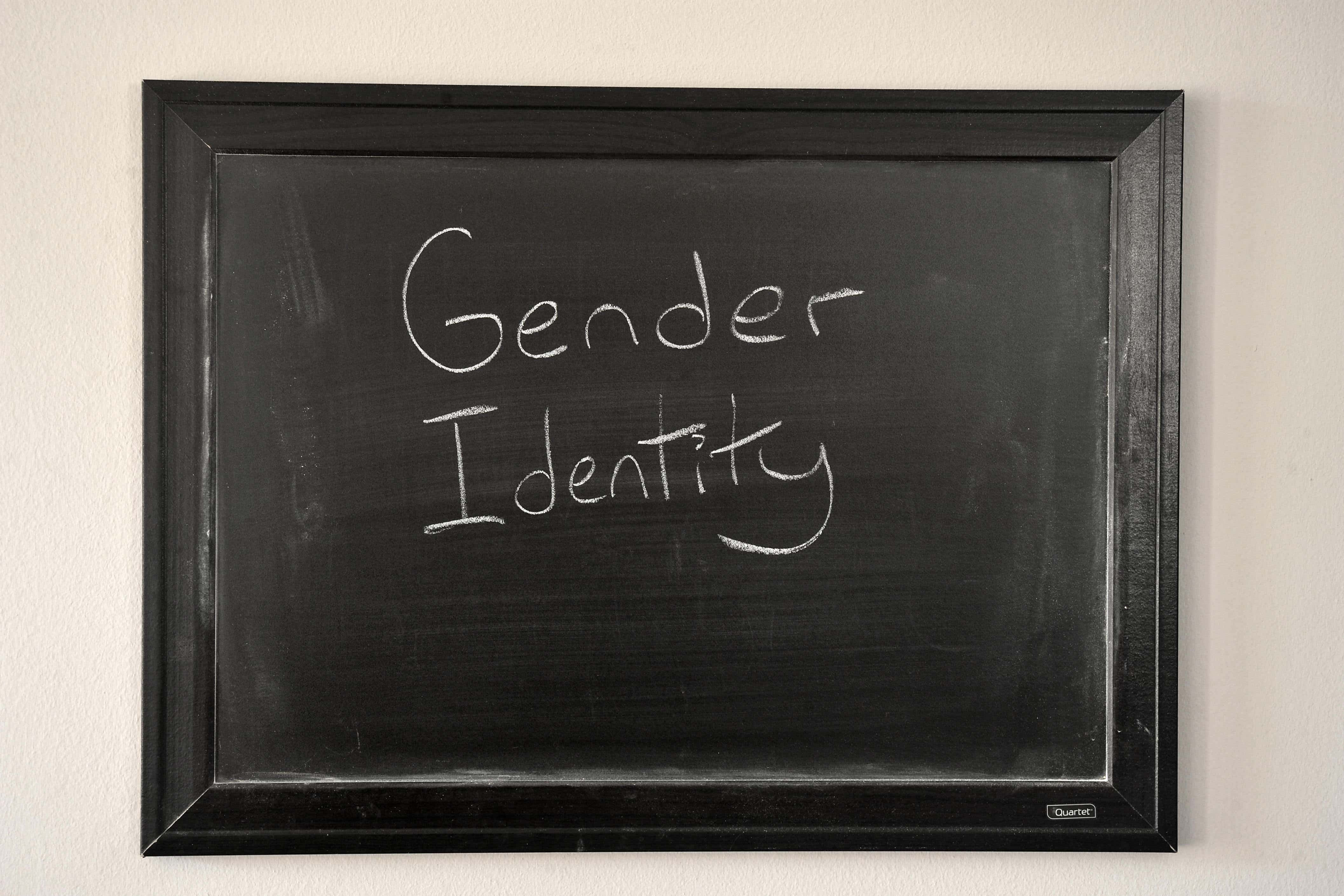Education Secretary says schools sex guidance will not mean ‘silence’ on gender
Gillian Keegan admitted she did not know how widespread the teaching of ‘inappropriate’ material about gender identity is in schools.

Your support helps us to tell the story
From reproductive rights to climate change to Big Tech, The Independent is on the ground when the story is developing. Whether it's investigating the financials of Elon Musk's pro-Trump PAC or producing our latest documentary, 'The A Word', which shines a light on the American women fighting for reproductive rights, we know how important it is to parse out the facts from the messaging.
At such a critical moment in US history, we need reporters on the ground. Your donation allows us to keep sending journalists to speak to both sides of the story.
The Independent is trusted by Americans across the entire political spectrum. And unlike many other quality news outlets, we choose not to lock Americans out of our reporting and analysis with paywalls. We believe quality journalism should be available to everyone, paid for by those who can afford it.
Your support makes all the difference.The Education Secretary has rejected the suggestion that new sex education guidance for schools will create a “big silence” around the conversation on gender.
The draft guidance, published on Thursday, states that schools should not teach about the concept of gender identity.
Students should be taught the law on gender reassignment, the revised guidance says, but if asked about the topic of gender identity, schools should “teach the facts about biological sex and not use any materials that present contested views as fact, including the view that gender is a spectrum”.
Education Secretary Gillian Keegan insisted the Government’s approach will still allow children to “explore ideologies”, but that “gender ideology” should not be being “taught as fact”.
Speaking in Parliament after the guidance was published, Labour’s shadow education minister Catherine McKinnell said: “Teaching children about the facts of the world in which they grow up must include an understanding that there are people who are transgender, that people can go through a process of change of their gender, and that the law provides for that.”
Responding, Ms Keegan said students could be told “there’s a law that provides for it, it’s a protected characteristic, it’s something that adults can do when they’re older”.
Earlier on Thursday, Ms Keegan told Sky News “different sorts of contested debates” can be had, but that it should not be taught that “this is something people believe and people believe as a fact when it’s not”.
Ms Keegan said there had been “some evidence from some people” that pupils were being taught that there could be “72 genders” and gender could “change daily” as facts.
Later during her morning media round, Ms Keegan was asked how widespread the teaching of “inappropriate” material about gender identity is in schools.
She told BBC Radio Four’s Today programme: “I don’t think it’s widespread, I mean, I don’t know because you know, it’s not something that we’ve gone and done a particular survey of.”
I personally believe if you've gone to that level, you've got the gender recognition, you've got the reassignment, then you are legally and medically allowed to say you're a woman
In an at-times tense exchange, presenter Emma Barnett put it to her that it was “staggering” that the Education Secretary did not know how widespread the issue is.
Ms Barnett said: “It’s staggering that you are across education but you have no idea how widespread this problem is. It matters because teachers, some of them say, this isn’t an issue at all. You’ve even almost just said that yourself and you’ve just created silence around one of these issues.”
Ms Keegan spoke about how much she had learned over the years from speaking to “lots of different people” including trans groups, medical professionals and teachers.
She stressed her belief there is a difference between people who self-identify as a different gender and those who medically transition.
Ms Keegan said: “I personally believe if you’ve gone to that level, you’ve got the gender recognition, you’ve got the reassignment, then you are legally and medically allowed to say you’re a woman”.
She said campaign groups had “caused a lot of this concern and confusion”, as she argued someone self-identifying is “very different from people who have gone through the gender reassignment and have actually, you know, basically had their bodies changed as a result”.
Ms Barnett put it to her: “Those who’ve had their bodies changed, you would say are women, those trans women are women, that’s what your delineating between.”
Ms Keegan: “I think that’s a sensitive way to handle it.”
She insisted gender reassignment is a protected characteristic and is not something they are trying to stop being taught about, adding: “Gender identity and ideology is something different.”
When it was suggested to her the latest guidance could end up creating a “big silence” on the topic of gender, Ms Keegan insisted that will “absolutely not” be the case.
She referred to draft non-statutory guidance for schools on how to support pupils questioning their gender which was published by the Department for Education (DfE) in December.
It stated that “parents should not be excluded” from decisions taken by a school or college relating to requests for a child to “socially transition”, such as wishes to change names, pronouns and clothing.
Ms Keegan said: “That deals exactly with children who are questioning their gender, children who want to have that conversation, how that can be discussed in schools, how that can be acted upon, the parents’ involvement, biological sex, what we do to protect safe spaces, what we do in sports.”
She said the department is currently looking at the responses to that consultation and will be “publishing that in the not-too-distant future”.